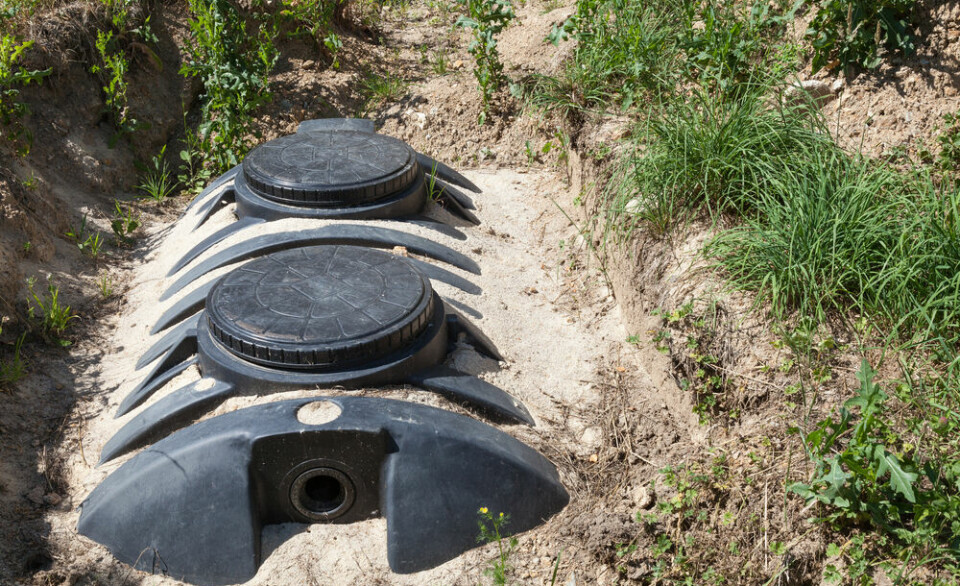-
Camping holidays becoming more popular in France despite challenges
Foreign tourists are driving positive results as people in France tighten budgets
-
Americans moving to France are increasingly choosing Nice
Expat numbers are soaring alongside a boom in US tourism in the city
-
Drivers in France: Look out for this new road sign
The sign aims to encourage more environmentally-friendly driving and road usage practices
French cheese taken off shelves after E. coli reports
Two French cheeses have been suspended from sale after 13 children were reported to have fallen ill with E. coli bacteria poisoning after eating them.

The cheeses Saint-Félicien and Saint-Marcellin, both made by the Société Fromagerie Alpine in Romans-sur-Isère in the Drôme department, were pulled from shelves yesterday (Saturday April 27).
The brands are mainly sold in large supermarkets such as Leclerc, Lidl and Auchan.
The recall was a “precautionary measure”, said the ministers for health and agriculture, after 13 children in several regions were reported to have contracted cases of hemolytic uremic syndrome (HUS) due to an E. coli infection, since March 21.
Investigations revealed that several of the children had eaten these cheeses before symptoms appeared.
Anyone who still has cheese from this brand is advised not to eat the product, and to take it back to the original point of sale for a refund.
Anyone who has eaten the cheese - and later presents with symptoms such as abdominal pain, diarrhea, or vomiting - should consult a doctor as soon as possible, making sure to mention the possible link to the cheese and potential E. coli poisoning.
E. coli (the bacteria Escherichia coli) naturally occurs in humans’ digestive system, but certain strains of it can lead to illness, causing anything from mild diarrhea to several kidney infections and intestinal bleeding.
Health authorities have warned that small children, pregnant women, older people, or those with suppressed immune systems should avoid eating cheese and other dairy products made with raw milk.
Instead, they should choose cooked-style cheeses, such as Emmental or Comté, or any cheese made with pasteurised milk.
Stay informed:
Sign up to our free weekly e-newsletter
Subscribe to access all our online articles and receive our printed monthly newspaper The Connexion at your home. News analysis, features and practical help for English-speakers in France
























